Sri Lanka: Spreading Hope
Community tourism is a realitively new concept in Sri Lanka, but it's already making an impact. Zinara Rathnayake reports on the latest developments.
This is a feature from Issue 13 of Charitable Traveller.
That’s the shortcut, but I’m taking you through the longer route so you can see everything,” says our local guide, Uncle Raja, with a hearty smile. He then points to a patch of kithul (fishtail palm) trees growing in the wild and promises to buy us two bottles of kithul treacle, a thick, honey-like sweet syrup extracted from the flower of the tree. “This is original,” he tells us with pride, “Not like the ones
you buy from the shop.”
After walking through a tiny settlement dotted with small houses, we take a dip at a waterfall and sip sugary, ginger-infused tea in enamel tin cups. We are spending the weekend in Gomara in the Knuckles Mountain Range, a two-hour bumpy tuk tuk ride from Kandy in central Sri Lanka.
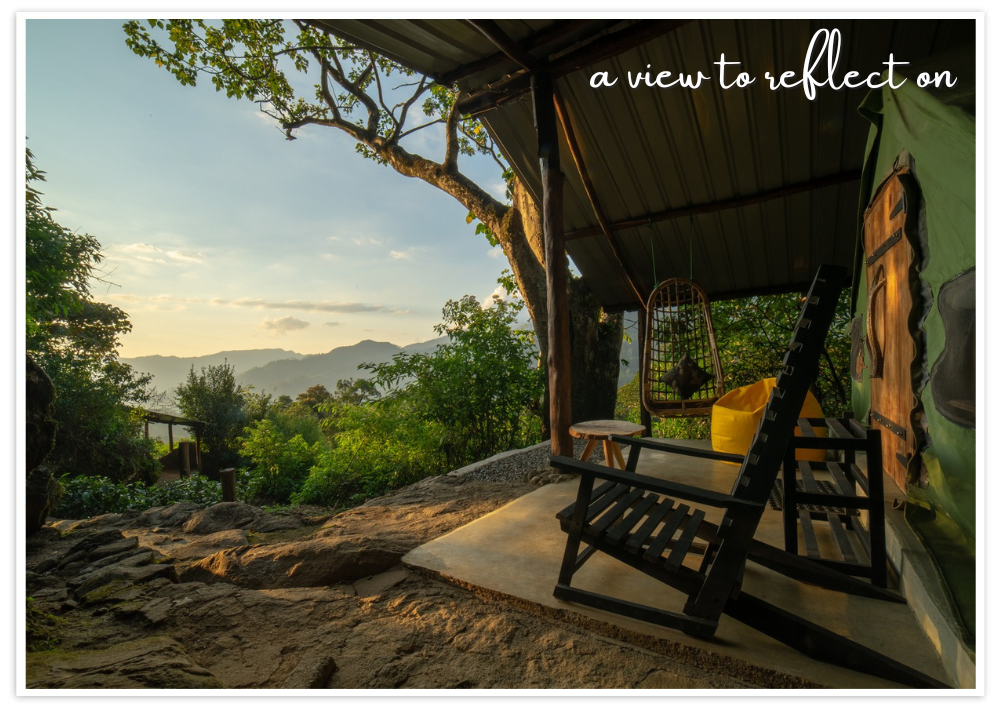
Mist swathes the nearby mountain peaks, the air is crisp and the sun streaks through the dangling bougainvillaeas lining the mountain roads. Uncle Raja is also one of the caretakers of our local-owned camp-stay Venture Camps. He’s been walking us through sleepy villages for the morning, showing us rice terraces, sharing folktales about mountain life and telling us stories of how his work has helped him raise his two daughters, who are now employed in the government sector. Uncle Raja helps us understand that there are stories threaded behind the mountains we see. While we get to explore a part of the culture and wisdom of mountain life, these tourism experiences also empower people in the community like Uncle Raja. Not just economically, but socially as well.
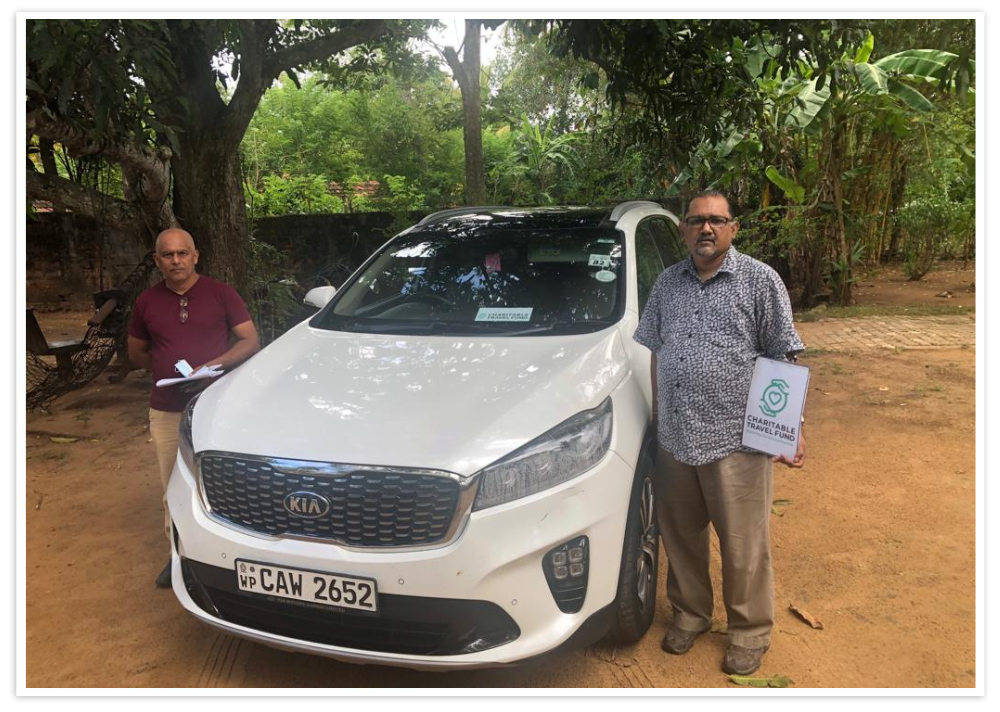
A positive impact
Tourism deeply touches places and communities, and that’s also why it’s important for travellers to directly contribute to local communities through experiences that are owned and conducted by locals. While tour organisations are often criticised for overcrowding a destination, the right kind of community travel experiences let locals own these services. It generates jobs, strengthens economies, empowers people, and preserves traditions. Meanwhile, travellers get to closely connect to a culture that they would otherwise not experience.
Community travel is a relatively new concept in Sri Lanka, but a handful of existing experiences help foster meaningful encounters with locals.
In Arugam Bay, a popular surfing hamlet on the eastern coast of the island, guests can cook Sri Lankan dishes with Muslim women from the neighbourhood and dine at a local home for breakfast. These immersive experiences can be incorporated with visiting organic home gardens in the area and boating in the nearby Kottukal lagoon with a local fisherman, learning about the region’s ecosystem and fisheries.
These experiences help unravel the stories of Arugam Bay that are otherwise overshadowed by mass tourism. Community travel can also help preserve the generational culinary wisdom in the country, says Shalitha Chandraratne, a local food expert who organises culinary tours. “Sri Lanka has a rich heritage in healthy, traditional cooking and indigenous recipes that are preserved through generations,” says Chandraratne. “But we see little of it now because of modernisation and western influences.” Working with local communities in remote areas gives them a platform to encourage their unique recipes. Food is often cooked with foraged, wild-grown ingredients and uses heirloom varieties. “For example, hal is a local fruit. The flour of this fruit works great for roti (flatbread). This fruit is on the verge of going extinct and the home cooks we work with now grow it locally to cook for the guests,” says Chandraratne.
These travel experiences also help sustain the local economy. “By creating work opportunities, we can make sure that the economy stays in the local area,” Chandraratne explains.
Meanwhile, Sri Lanka has many local-owned homestays where travellers can stay with host families. In Idalgashinna, a mountain town off the tourist radar, guests staying at the woman-run Peak Rest can explore tea country villages untouched by tourism and feast on
home-cooked food.
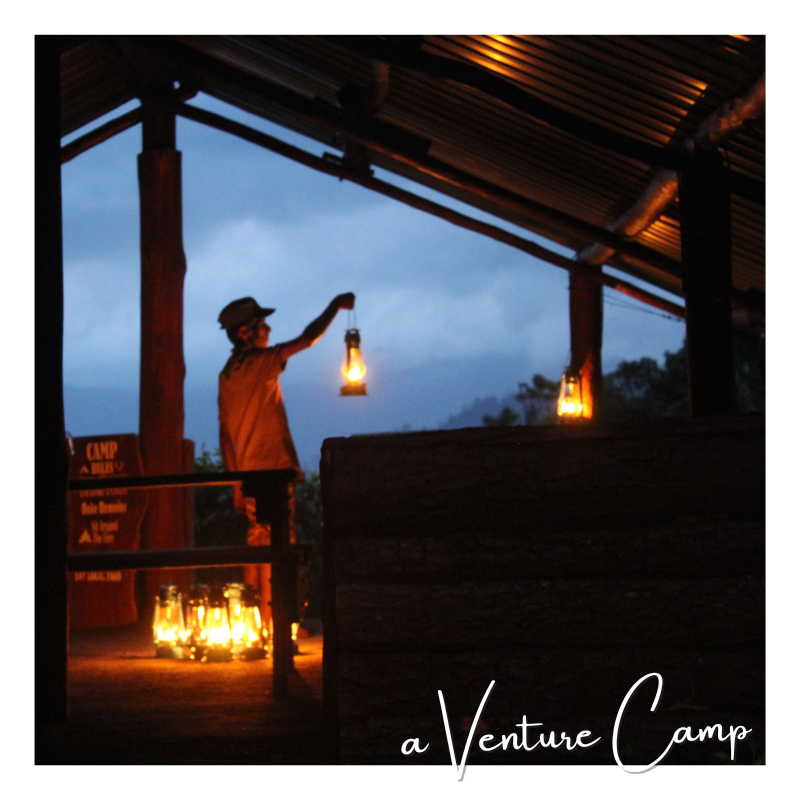
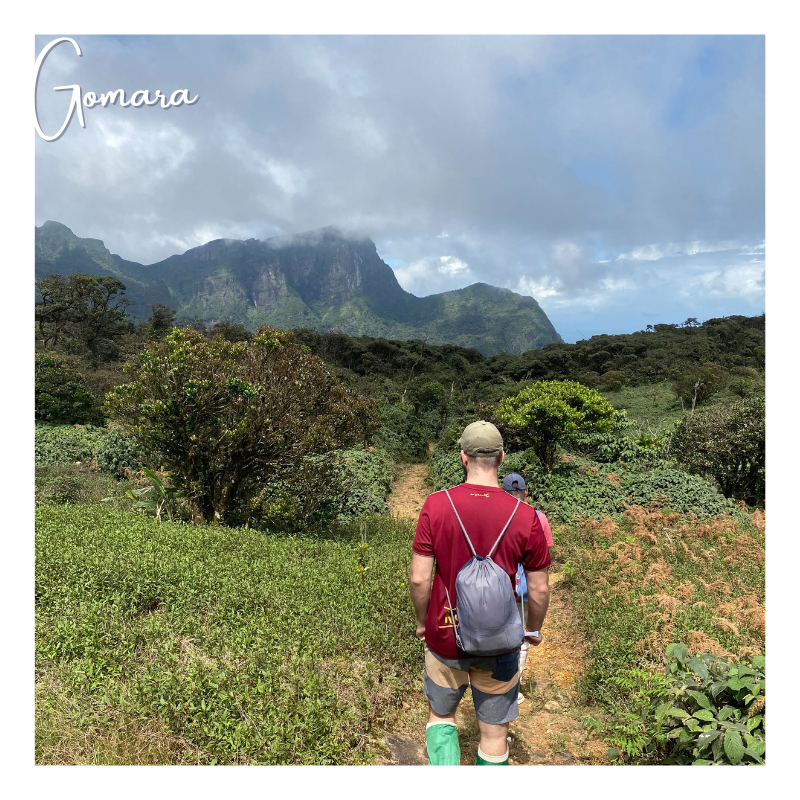
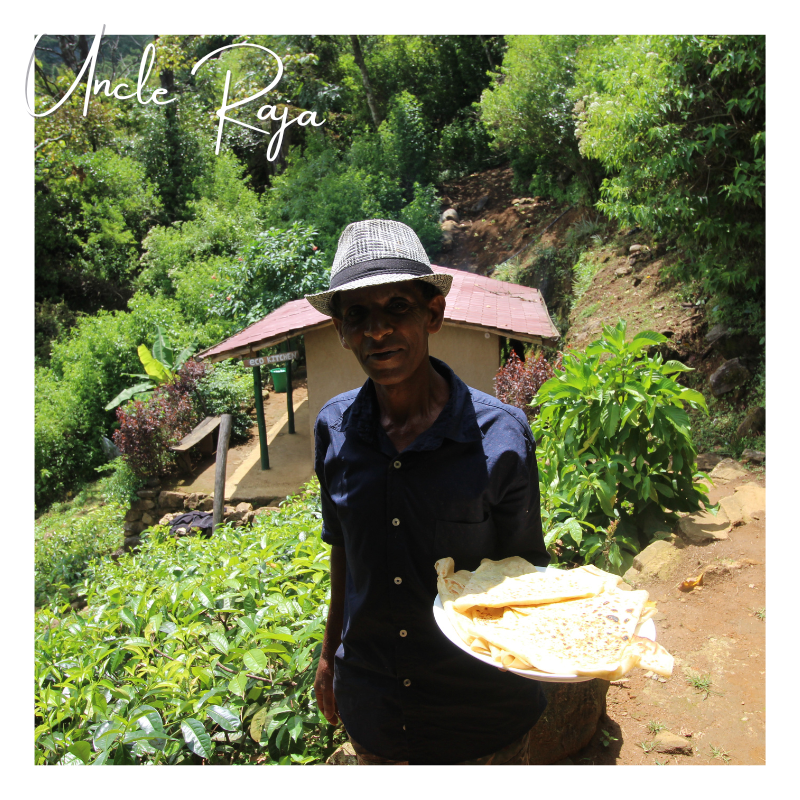
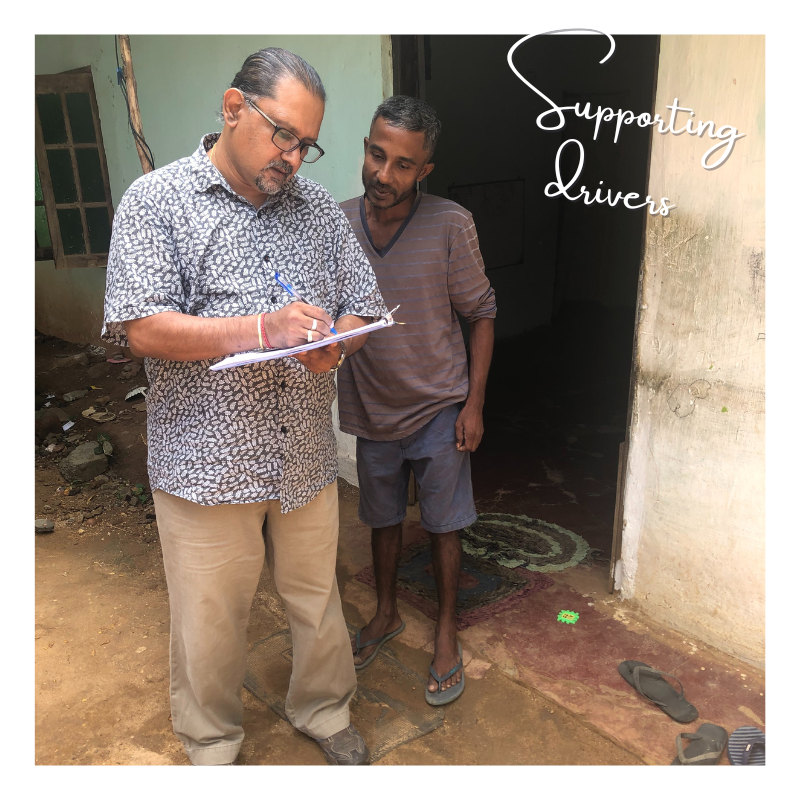
The need of the hour
Despite these efforts, a combination of Easter bombings, Covid-19 and the economic crisis have now left Sri Lanka’s tourism industry in a precarious situation. In September, tourist arrivals to Sri Lanka dropped to just over 29,000, the lowest so far in 2022. Although the industry is expected to revive in the upcoming season from December to May, many small-scale tourism providers are already shuttered. During the first half of the year, the foreign currency crisis and political unrest also resulted in long power cuts, and shortages in gas, fuel and A view to reflect on certain food supplies. Although things have now improved, high inflation rates have dragged many people to poverty. The World Bank suggests that the country’s poverty rate would rise to 11.7% compared to 10% in the previous year.
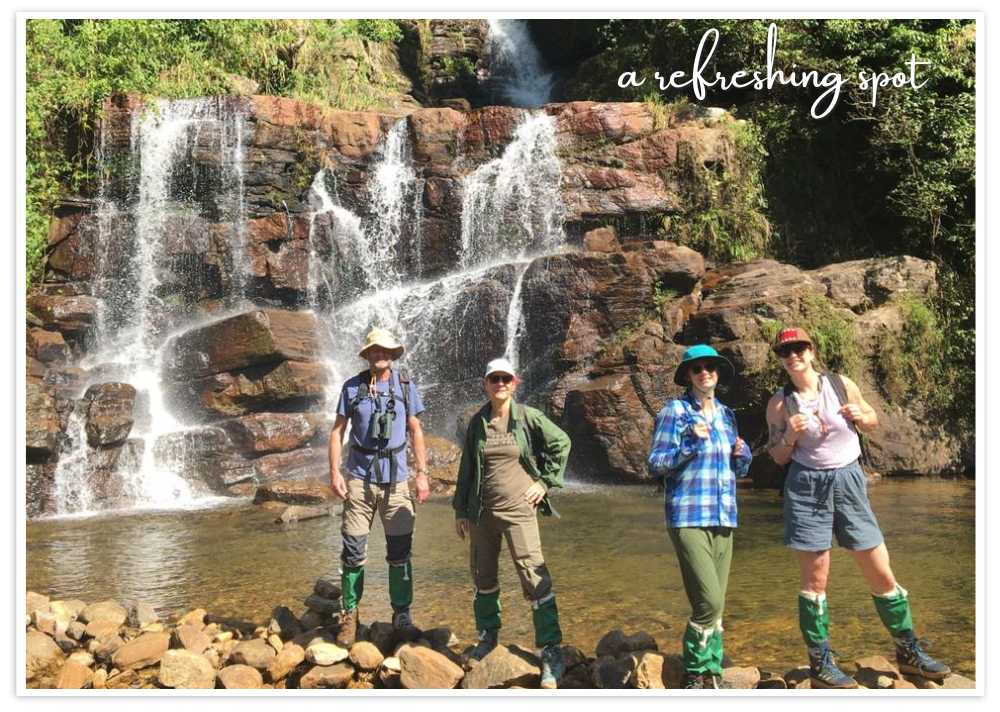
This is all the more reason why community tourism is the need of the hour today. “When tourism fails, most people’s principal income depletes or disappears, creating hardship,” says Melissa Tilling, founder of
the Charitable Travel Foundation, a charity based in England and Wales. The foundation supports tourism providers affected by crises, where there is an absence or
limited state welfare programmes. Currently, a hardship fund is helping self-employed safari jeep drivers in the Habarana and Udawelala national parks of Sri Lanka. “Sri Lanka’s political turmoil caused many countries to advise their nationals against travel to Sri Lanka,” says Tilling, “For drivers, this meant that they faced a significant reduction in their survival income.”
Sylvie Bobay, co-owner of the social tourism project Elements Resort, an eco kitesurfing resort in northwestern Sri Lanka, echoes Tilling’s concerns. Many people are forced to leave Sri Lanka to look for foreign employment, she explains. “It’s sad that families are separated because of the negative publicity that affected Sri Lanka’s tourism,” says Bobay, “Today, we don’t have severe fuel or food shortages.” High inflation means goods and services aren’t affordable for locals, but with the depreciation of the local currency, things are affordable for foreign visitors. Bobay explains that several guests who recently stayed with them felt completely safe and had an unforgettable holiday in Sri Lanka without any restrictions. As Bobay says: “Only tourism can spread hope among the local communities now. Sri Lanka needs tourism back more than ever before.
This is a feature from Issue 13 of Charitable Traveller.








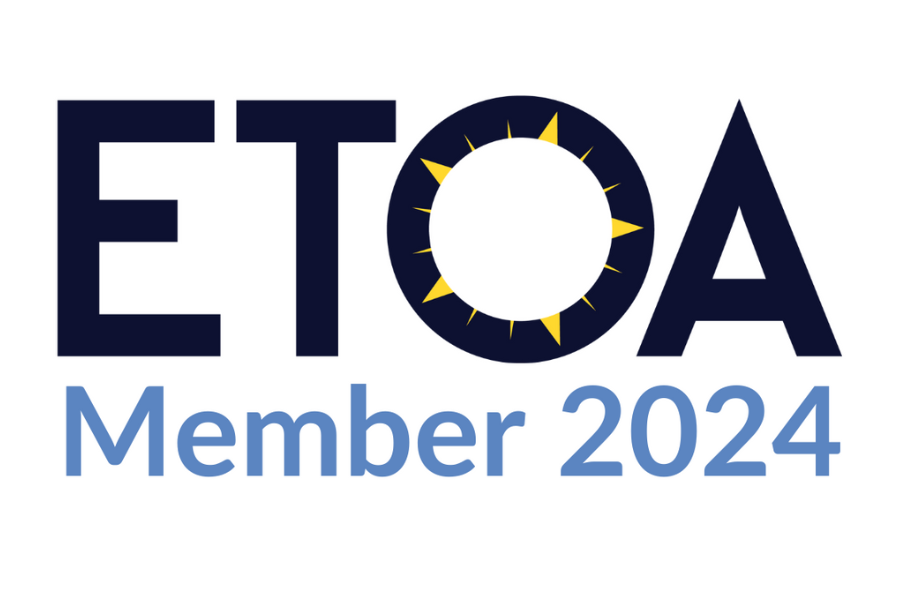

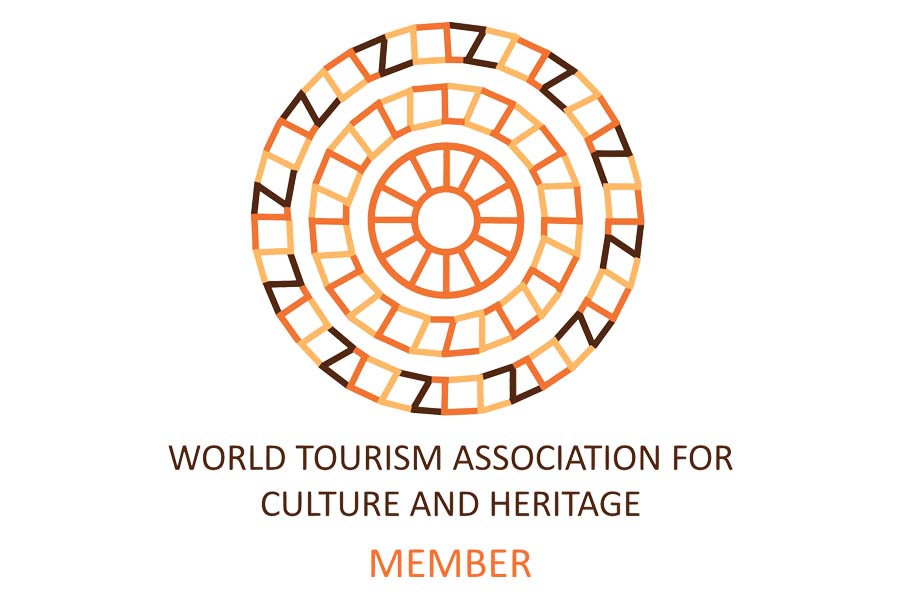






 by net effect
by net effect